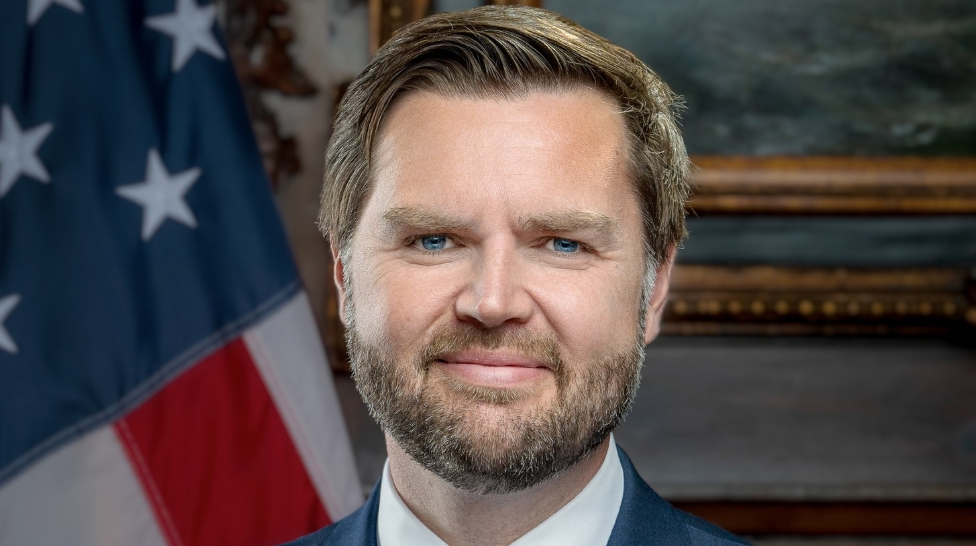German Chancellor Condemns JD Vance for Backing German Party Linked to Nazi Rhetoric

German Chancellor Olaf Scholz delivered a scathing rebuke to U.S. Vice President JD Vance at the Munich Security Conference on February 15, 2025, as reported by Jim Tankersley in The New York Times. Scholz condemned Vance’s call for Germany to abandon its “firewall” policy and embrace the far-right Alternative for Germany (AfD)—a party notorious for downplaying Nazi atrocities. With firm resolve, Scholz declared: “A commitment to ‘never again’ is not reconcilable with support for the AfD.”
The timing was chilling: Just a day before, Vance had walked through Dachau, where the walls of the gas chambers still bear witness to genocide. Yet, from the podium, he defended a party whose members trivialize that horror. “That is not done—certainly not among friends and allies,” Scholz declared, his voice sharp with restrained fury. Friedrich Merz, leader of the conservative Christian Democrats and Scholz’s chief electoral rival, echoed his condemnation, calling Germany’s laws against Nazi slogans and hate speech “guardrails, not gags—protections forged in the shadow of Auschwitz.”
Germany’s ‘firewall’ doctrine—a decades-old refusal to ally with extremist parties—is more than politics; it is the architecture of post-war democracy. The AfD, partially classified as extremist by German intelligence, has harbored members convicted of using Nazi slogans and plotting to overthrow the government. Vance, however, dismissed this as censorship, accusing Europe of “Soviet-style” restrictions on free speech. But Merz retorted, “Free speech is not free license. Hate, violence, and incitement are not debate—they are destruction.”
Vance’s remarks landed like a grenade, detonating days before Germany’s election. Polls place the AfD second, trailing Merz’s Christian Democrats but ahead of Scholz’s Social Democrats. Meanwhile, the Trump administration, true to form, fueled the fire—just hours before Vance’s speech, it expelled the Associated Press from the White House press pool for refusing to call the Gulf of Mexico the “Gulf of America,” a brazen display of authoritarian control under the guise of “free speech.”
But Scholz and Merz saw through the facade. They recognized the pattern: Authoritarians cry “free speech” while silencing dissent. They ignite “culture wars” to burn down democratic guardrails. Hungary’s Viktor Orbán did it—using nationalism and speech laws to cement autocracy. Russia’s Vladimir Putin did it—weaponizing free speech to foster hate and division. And now Vance imports that playbook to Germany, daring it to drop its firewall against fascism.
The stakes are tectonic. If Germany’s firewall cracks, what stops the flood of extremism across Europe? The AfD’s rise mirrors far-right ascents in Italy, Hungary, and France. And if the U.S.—once the architect of Germany’s post-war democracy—now cheers for its demolition, what becomes of the West’s moral order?
Merz’s warning, sharp and unmissable, cut to the core: “We would never eject a news agency from our chancellor’s press room. Free speech without free press is propaganda. And democracy without memory is collapse.”
In this confrontation—Scholz and Merz united against Vance—the message was clear: “Never Again” is not a slogan. It is a covenant. It was paid for in blood—at Dachau, at Auschwitz, at Normandy—and that debt is still binding. Vance wagered that debt for politics. Scholz called the bluff: “Germany’s future is ours to decide—without interference, and without forgetting.”
History’s echoes thundered through the Munich hall, and the world listened: The firewall isn’t just political. It’s moral. And it must hold.

